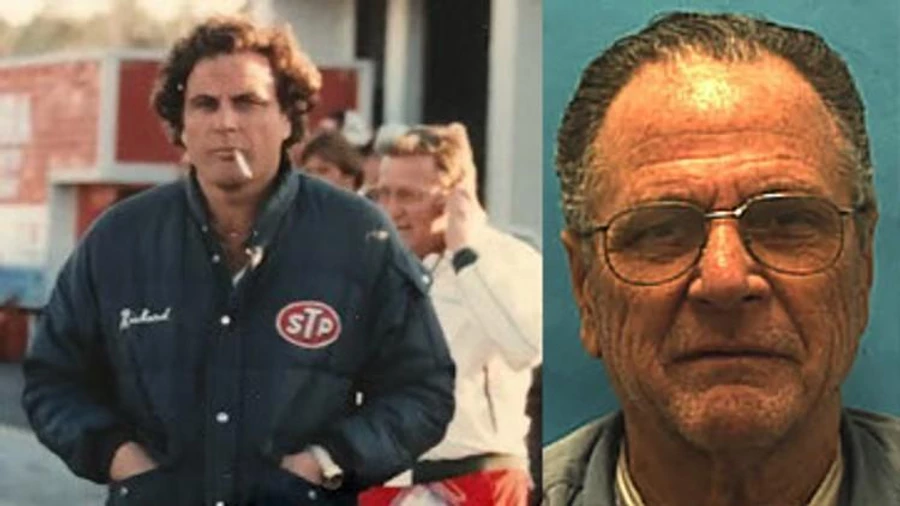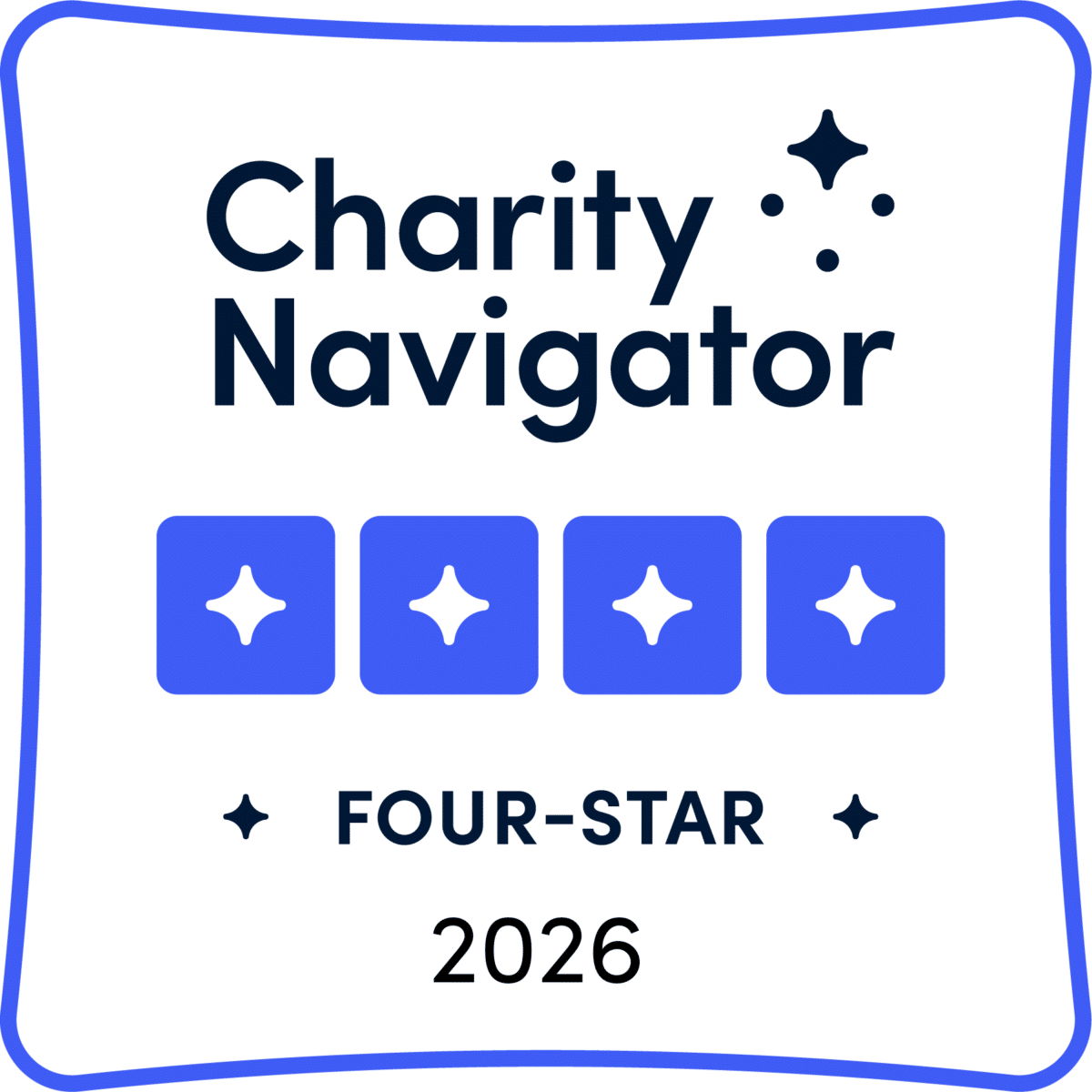Meet Richard DeLisi – The Longest Actively Serving Nonviolent Prisoner in the United States for Cannabis

Richard DeLisi is a 71 year old man serving a 90-year sentence in Florida at the South Bay Correctional Facility (SBCF) for marijuana. Richard has no history of violence and has been in prison since 1989 – 31 years.
In 1988, Richard was caught as part of a reverse-sting/entrapment operation for trafficking cannabis into the State of Florida. Richard and his brother, Ted DeLisi, were both charged for cannabis trafficking and sentenced to a total of 98 years in prison. (Ted DeLisi was released from prison in 2013.)
Although the crime he was sentenced for carried a guideline of 12-17 years, Richard received what amounts to 3 life sentences for a plant which has been deemed “essential” by many state governments during the pandemic and is now socially accepted and legal in many countries all over the world. Florida, a state notorious for harsh drug sentences, has since made cannabis legal for medicinal use. According to recent data, two-thirds of Americans believe that adult-use marijuana should be legalized. A poll by the University of North Florida reveals that 64 percent of Floridians now support adult-use marijuana.
Due to good behavior and good time credit, Richard’s release date is currently set for August 26, 2022. However, that day may never come for Richard. His age coupled with several underlying chronic conditions makes Richard particularly susceptible to the coronavirus, and SBCF has already become a hotspot for the virus. At SBCF, 280 people have tested positive for COVID-19 and one inmate has died according to data published by the Florida DOC. Additionally, 62 staff members have tested positive -- the highest number for any facility in the state of Florida. To date, a total of 1,826 COVID tests have been issued and over 100 inmates still have not been tested at Richard’s facility.
According to statistics provided by the Florida DOC, SBCF houses 1,948 inmates with room for only 2 more inmates -- meaning it is currently operating dangerously close to official “max capacity.” Though SBCF is not operating over max capacity, as many facilities in the US consistently do, the population size undoubtedly endangers both inmates and staff amidst the COVID-19 pandemic. The conditions of confinement make precautionary measures like social distancing impossible, and mass incarceration has left prisons and jails highly susceptible to an outbreak given overcrowding, lack of resources, and little access to medical care. If Richard did contract the virus, (a seemingly inevitable outcome of currently being housed at SBCF) he is unlikely to receive adequate medical attention since the facility itself is overwhelmed, and the only area hospital is now out of ICU beds.
Even if lawmakers and elected officials aren’t swayed by the injustice of Richard’s potential death sentence, there is also a strong economic argument for his release and the release of elderly inmates who are most at risk of contracting the virus. According to inmate expense reports provided by the Florida DOC, health care for inmates costs the state $20,367 per year per inmate, but inmates over 50 year old can cost as much as $70,000 a year. Overall, Florida’s state prison population increased by 11-fold between 1970 and 2014 with a $1.1 billion increase in corrections expenditures and Florida’s elderly prison population has increased at a faster rate than any other age group over the past 10 years.
According to the DOC’s per inmate calculations by age, it has cost taxpayers up to $1,673,670.00 to keep 71-year-old Richard DeLisi incarcerated for his nonviolent marijuana offense, and if he lives to serve out the remainder of his sentence without release, the total cost to Florida taxpayers of keeping Richard in prison for the entirety of his sentence will be over $1.8 million dollars.
Since Richard has exhausted all other legal remedies, his fate is now in the hands of Governor DeSantis to grant executive clemency. Richard’s family has successfully launched a petition to DeSantis, urging him to free Richard. The petition has gathered over 2,700 signatures and many supporters note the injustice of keeping Richard incarcerated and the waste of state resources and taxpayer dollars. With widespread support for legalization and the burgeoning of the legal cannabis industry in Florida it seems that DeSantis’s constituents would agree that no nonviolent cannabis offender should face a death sentence.
To learn more about Richard's case and how YOU can get involved to advocate for Richard's release go to https://freedelisi.com/.






